Self build homes – everything you need to know about the cost, procedure and finding a plot for a new home
Do you have dreams of your own self-build home? These are the basics you need to know…

So you love a Lego set and fancy a go at the grown-up version – a self build? Far from being child's play, building your own home is one of the biggest and bravest moves you’ll ever make. But it can also be hugely rewarding, and a way to create a home that's perfect for you, from the size of the bathroom to the shape of the staircase.
What's more, you don't need any prior experience as there is plenty of expert help available. For example, the Self Build Portal takes you through various building options, from one-off homes to custom building on site with others. What you do need is courage and dedication. And when you finally move in, the sense of achievement you'll feel will be unbeatable.
'Choosing to build from scratch rather than renovate can get you exactly the home you want,' says Paul Newman, self-build director at Potton. 'And since new-build properties are zero-rated for VAT, there's a cost saving, too.'
Discover all you need to know about buying, selling and financing with our property advice
Our guide to the basics of how to build a house covers how to get started and what you can expect from your budget.
Where can I build and how do I find a plot?
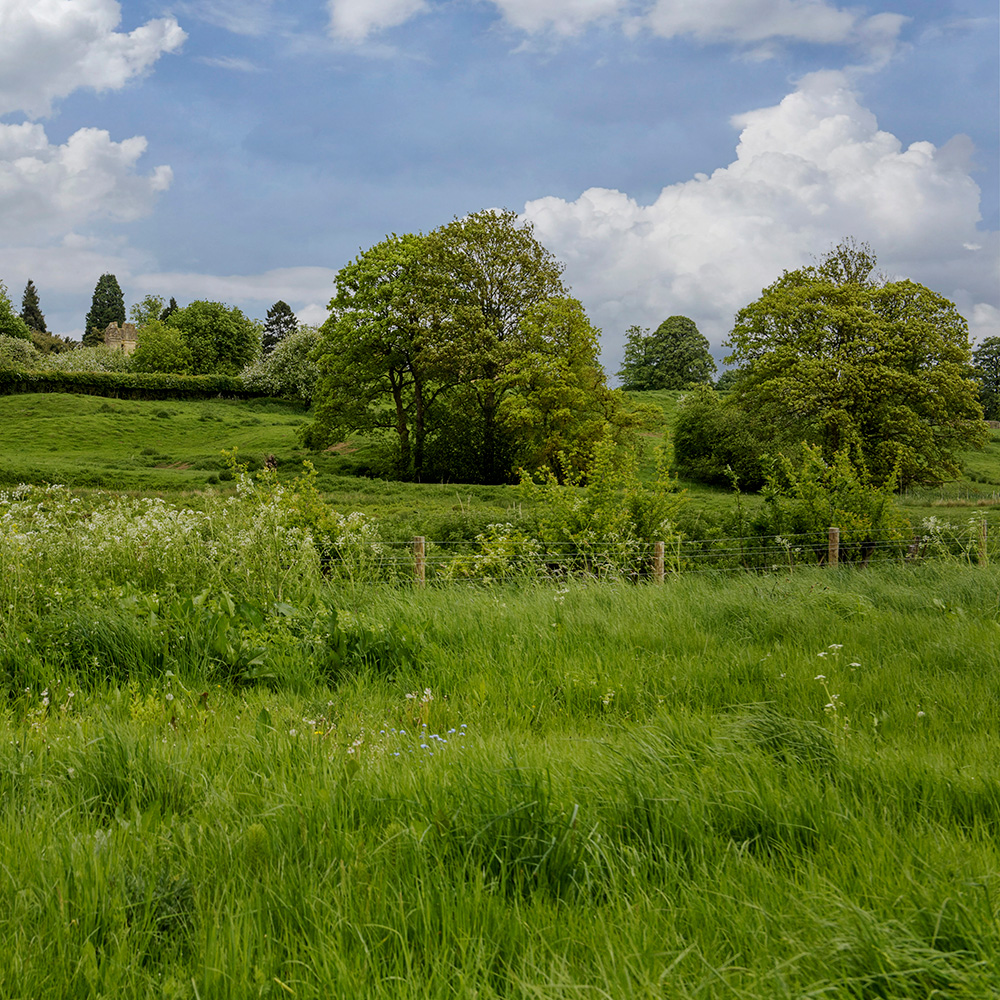
Firstly, decide where you’d like to live then contact local agents and sign up with online plot search portals. It’s also worth driving around to identify any in-fill sites or garden plots. Also check the local councils for new planning applications – then approach the applicant direct to avoid estate agent fees. Custom home companies may also come up with suggestions.
PlotBrowser is a free online search portal that includes links to local authority planning application searches so you can easily check on a plot’s planning status.
Get the Ideal Home Newsletter
Sign up to our newsletter for style and decor inspiration, house makeovers, project advice and more.
When you have your plot, contact the local council to find out about getting planning permission – find the details of how to do this at the Government's Planning Portal. if your plot already has this, do check that the planning approval is still current. Neighbours can also have a say in what you build, so talk them through the plans to get them on side.
Can I replace an existing building?
Yes, so don’t discount plots with properties on them. You can even use part of your garden for a new home. Demolition costs are relatively cheap (around £5,000- £15,000, depending on the size and location of the property).
If a building is unsafe (and not Listed), the planning office should support demolition of the site. But do make sure they will permit your replacement, especially if it's larger than the original, or you want to site it elsewhere on the plot.
How much does it cost to build a house?
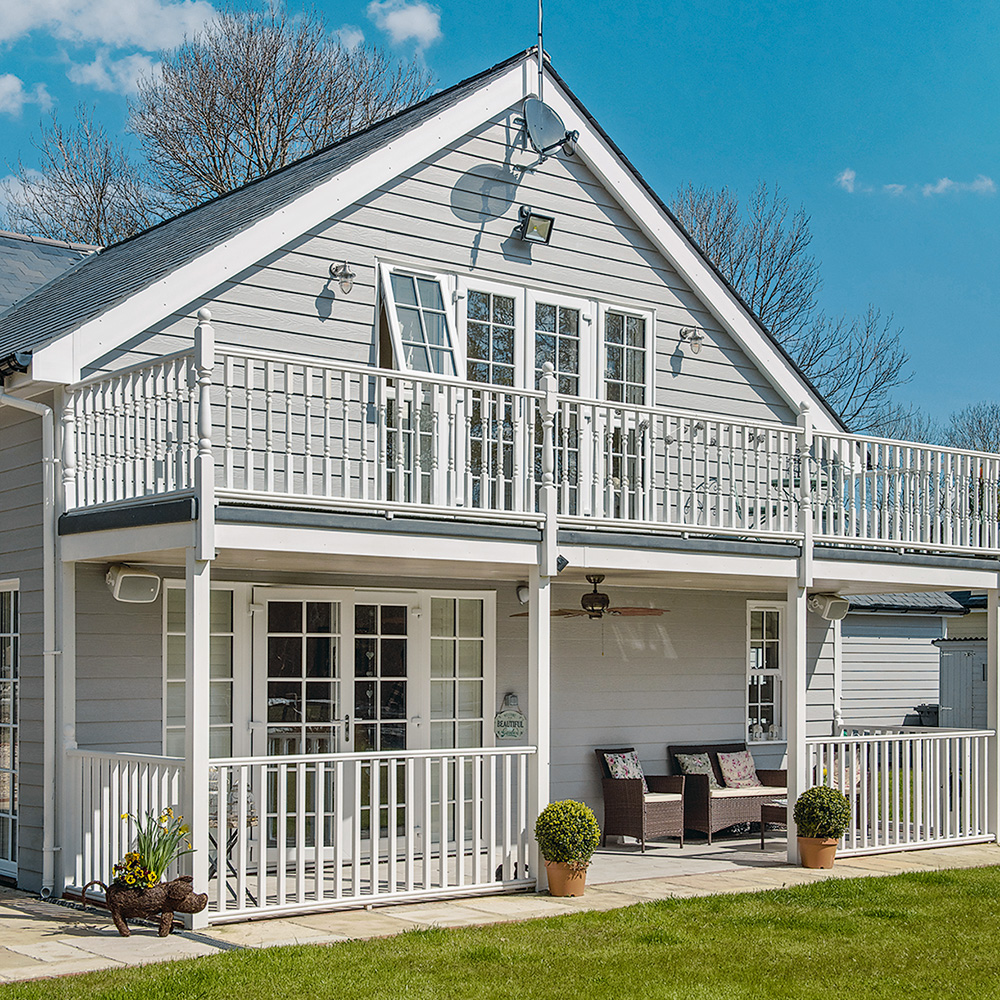
On top of the plot fee, and any resultant legal costs, around £1,500- £3,000 per sq m is a fair guide for self-builders. There are additional costs that could trip you up though. For example, the price of connecting to services depends on how close the plot is to existing supplies.
Do you have a mortgage if you build your own house?
You can finance building a house with a mortgage, yes. Though you’ll need a reasonably large deposit (at least 15 to 20 per cent), both for the land and the build costs.
First, you'll need to set – and stick to – a realistic budget for the land purchase and build costs. It's vital to the success of your project. Factor in a contingency fund of at least 10 to 15 per cent of the budget that's covered your financing from the start. Don’t, and you may find the money hard to come by down the line.
Get a ‘decision in principle’ from a mortgage lender before you start looking for a plot of land, so you know exactly how much you can borrow.
Money for self-build projects is released in stages as the build progresses. Usually after a stage is completed but sometimes before, which is much better for your cash flow.
Top tip: BuildStore explains self-build finance options and includes guides on how self-build mortgages work. Its mortgage brokers can also help secure finance.
Who will build my house?
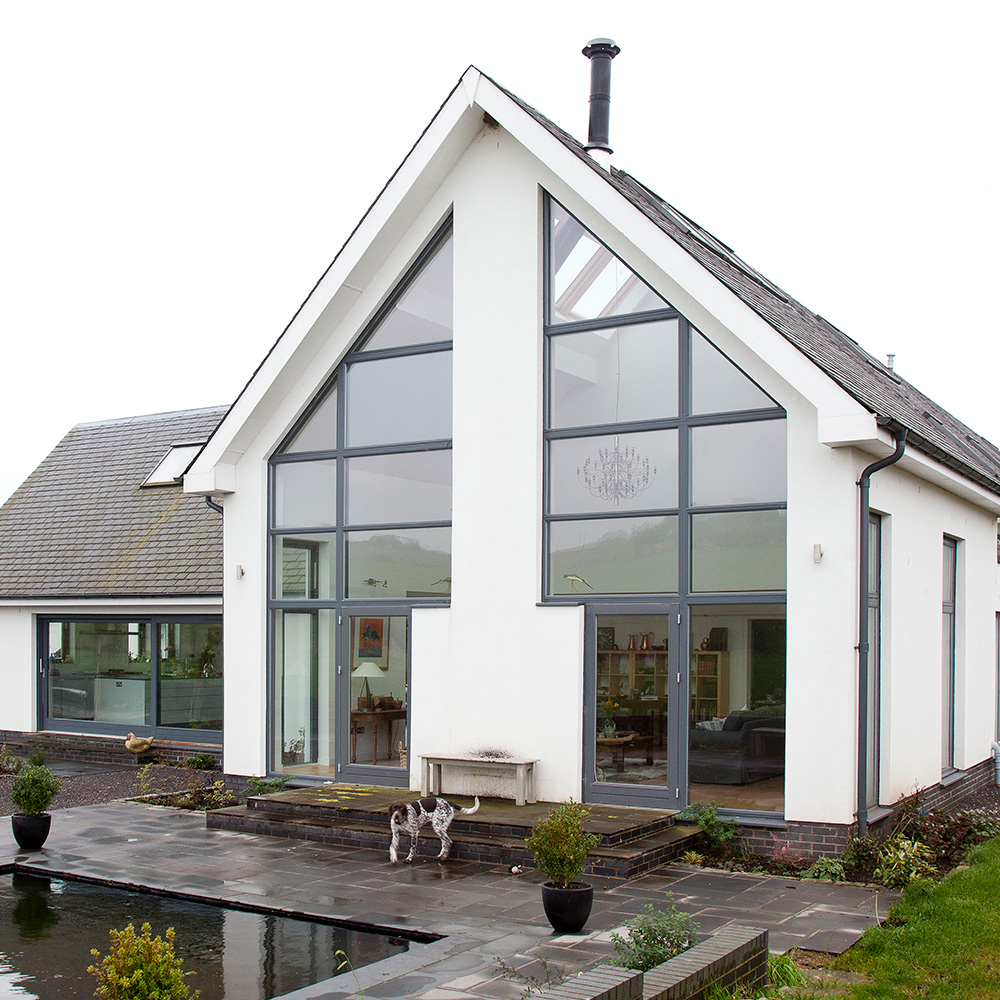
The most popular route is to commission either an architect or developer to design and build your home. This kind of turnkey solution, which includes planning permission and design fees, is the quickest, and least stressful, route.
Specialist kit house companies often offer a range of packages, depending on your budget and how much you want to do yourself. It can be as little as making and installing a timber frame, right up to final fix and decorating. Another popular route is to hire a local building firm with site manager, who will work to your drawings.
How can I keep costs low?
- Commit to the design early on, as making changes during the build can prove expensive.
- Project-managing your own build can save around 15-20 per cent of your build costs, but do be sure you have the time, energy and nous to research the best materials, haggle down prices and source and manage trades efficiently. If you have the skills and time available, a completely DIY build is undoubtedly the cheapest, but rarely the fastest route.
- Keep the design simple and you can build a comfortable four-bed home with a footprint of 150 sq m for about £150,000-200,000.
- Remember to keep your receipts, as although you'll pay VAT up front, you can claim this back once the build is completed.
Five of the best self-build kit houses
Best for a fast build
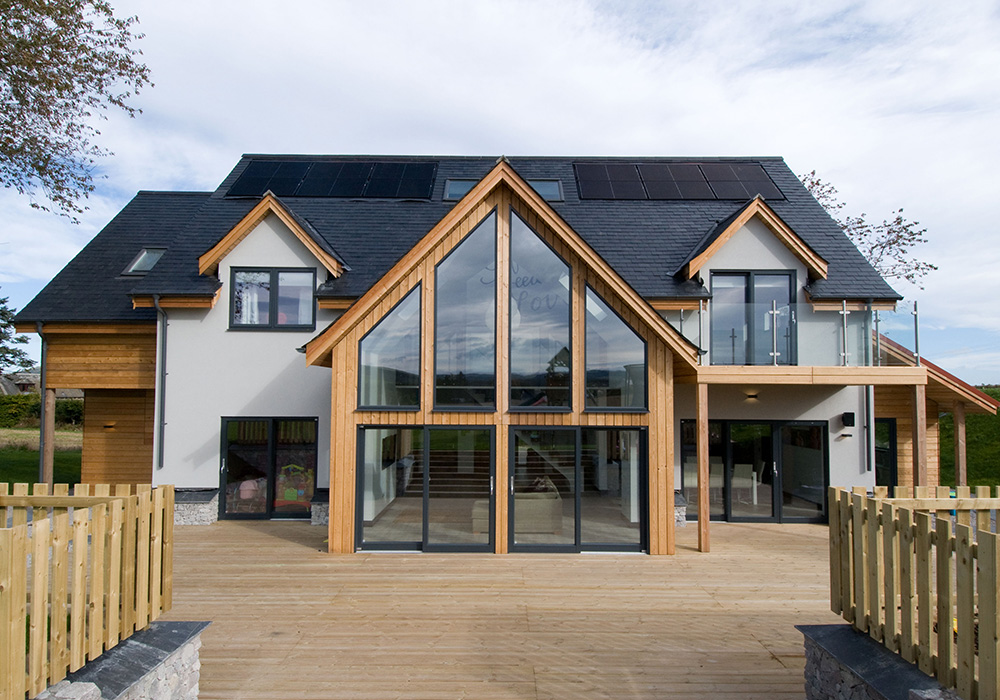
A pre-made timber frame helped this house get built in just 14 weeks.
Enquire online: Denwell 3,283 sq ft cottage, guide build cost £455,000, Scotframe
Best for first-time housebuilders
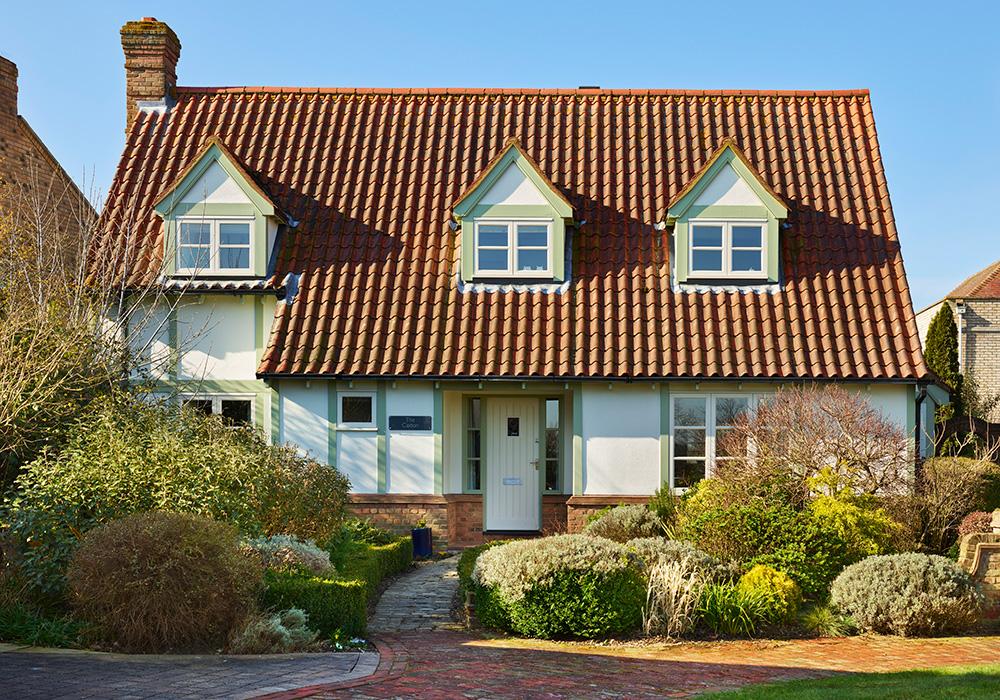
This classic country-style property is aimed at those getting on the ladder for the first time.
Enquire online: Caxton 1,740 sq ft cottage, guide build cost £242,000, Potton
Best natural construction
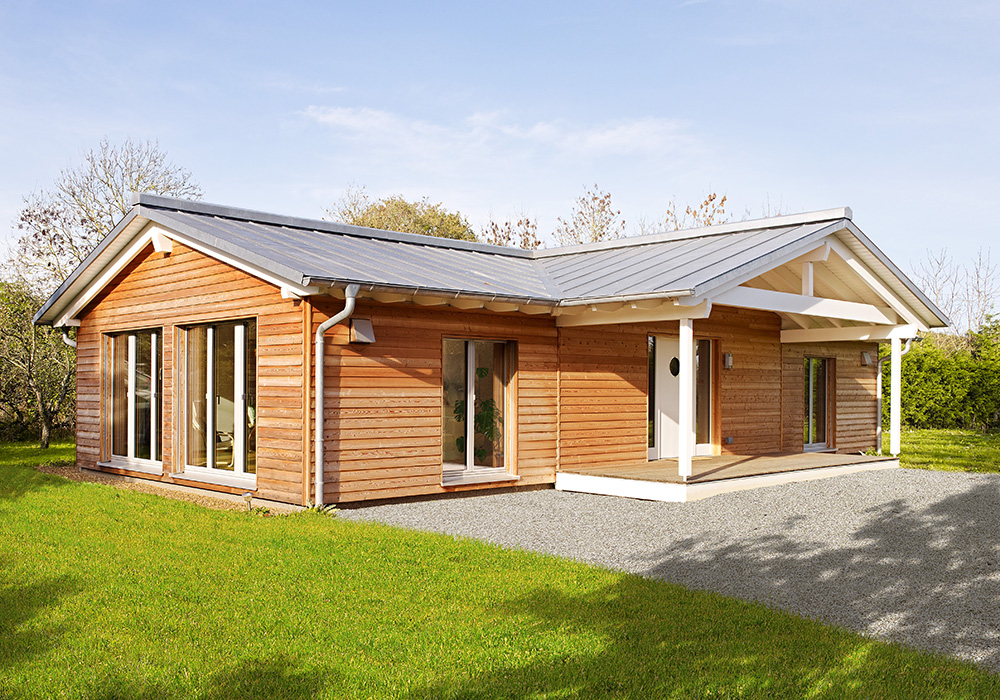
This building has been 100 per cent tested for harmful substances and is allergy-friendly.
Enquire online: Bowles 1,210 sq ft bungalow, guide build cost £316,000, Baufritz
Best for American style
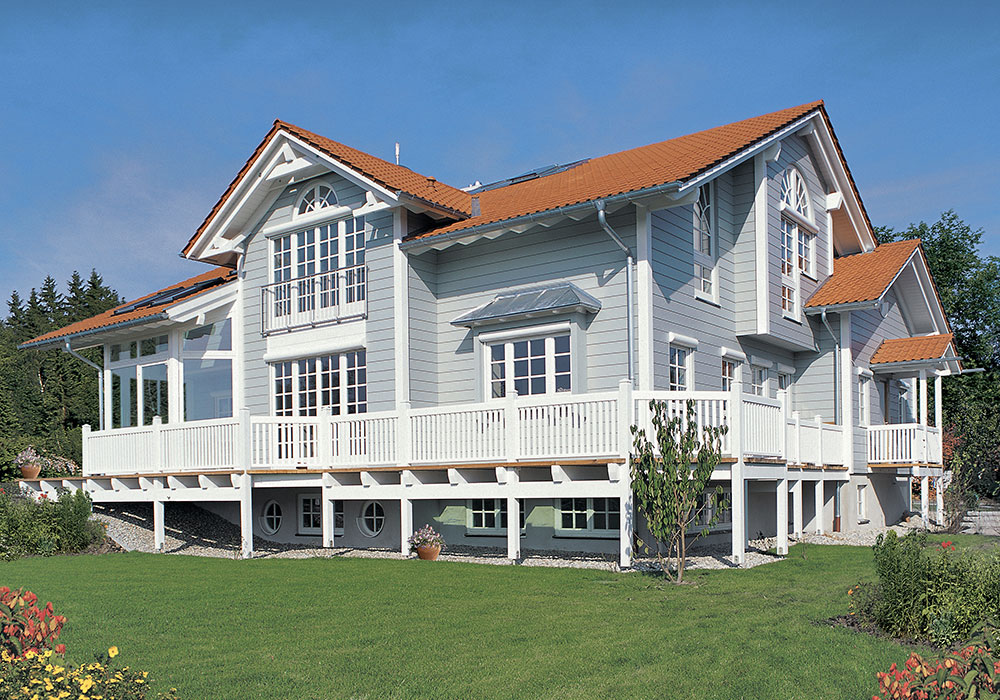
A Stateside wrap-around porch accents this C02-efficient house.
Enquire online: Bespoke prefabricated home, Baufritz
Best for timber frames
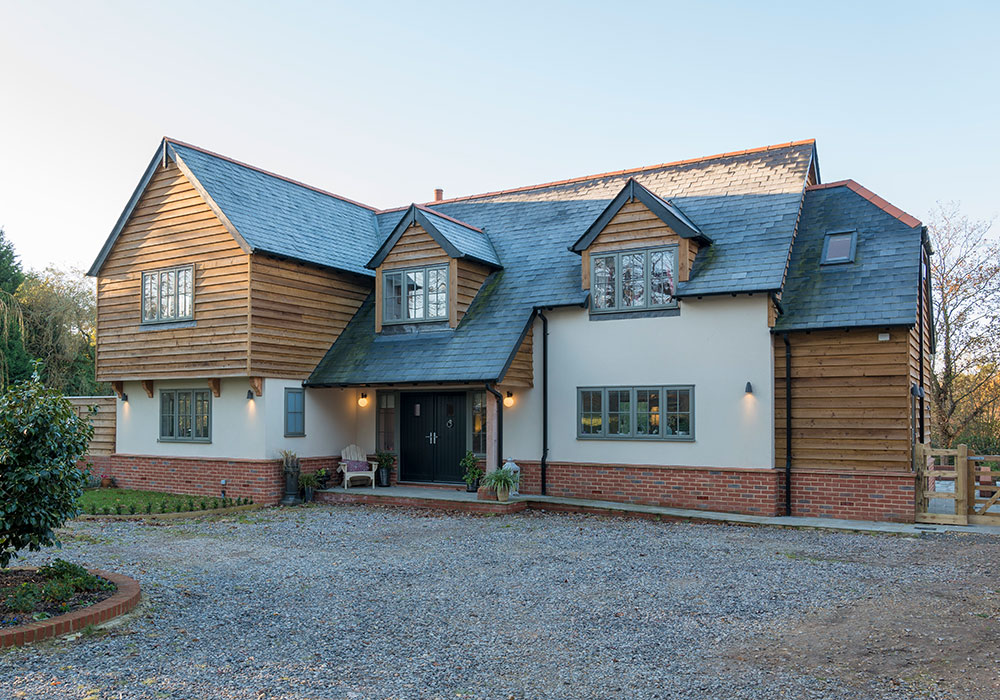
Dormer windows were a must for the owners of this handsome property.
Enquire online: Timber frame kit house, £415,000, Potton
For more advice, Potton’s one-day Introduction to Self-Build & Finding Land is one of many free seminars at the company’s Cambridgeshire HQ. Follow the link above to find out more.
Good luck!
Additional copy from Caroline Rodrigues

Amy Cutmore is an experienced interiors editor and writer, who has worked on titles including Ideal Home, Homes & Gardens, LivingEtc, Real Homes, GardeningEtc, Top Ten Reviews and Country Life. And she's a winner of the PPA's Digital Content Leader of the Year. A homes journalist for two decades, she has a strong background in technology and appliances, and has a small portfolio of rental properties, so can offer advice to renters and rentees, alike.
-
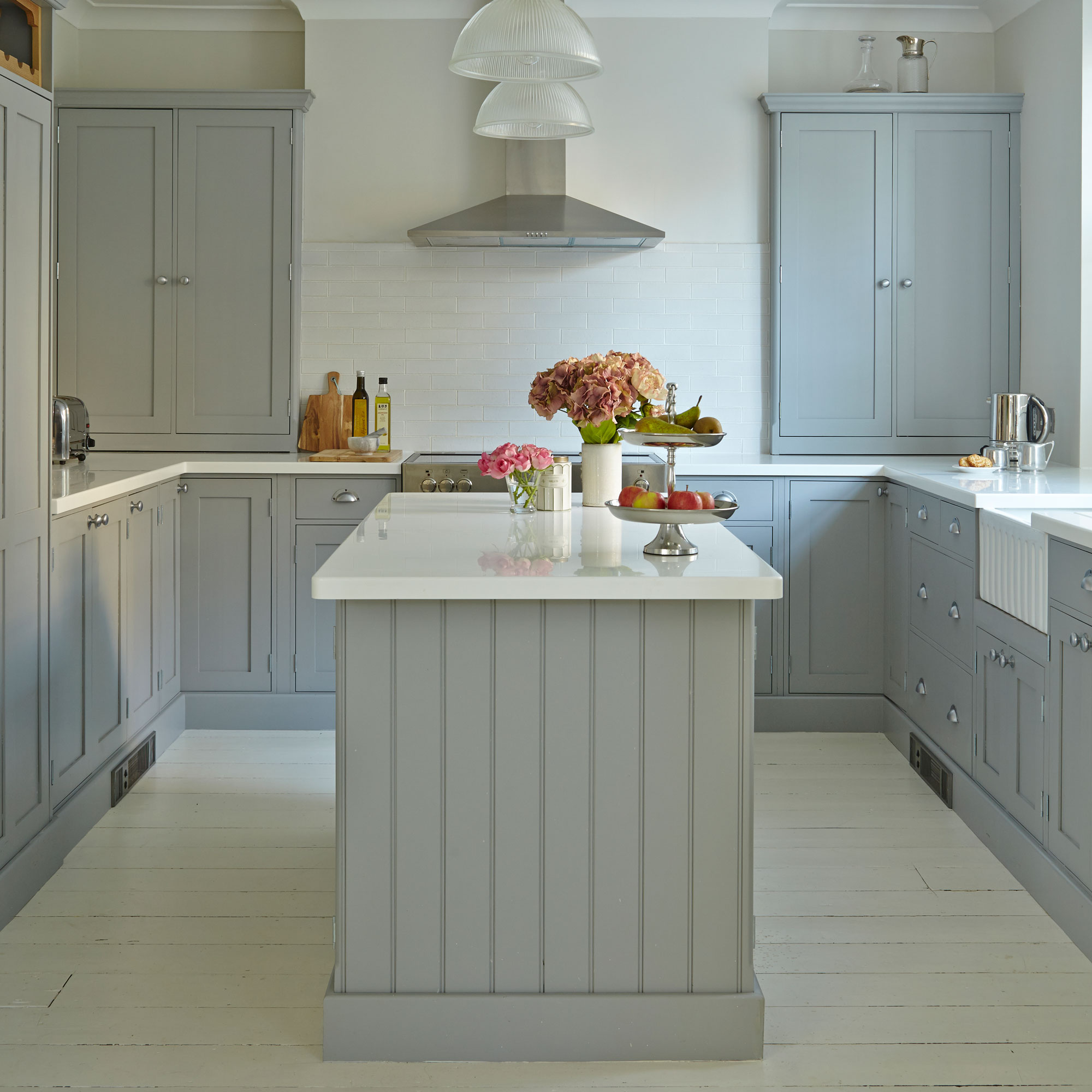 Forget seating, this is how you should be making the most out of your kitchen island in 2025
Forget seating, this is how you should be making the most out of your kitchen island in 2025Seating doesn't always have to be a necessity on an island when you can choose these ideas instead
By Holly Cockburn
-
 How to attract robins to your garden – experts reveal the exact bird box you need and where to place it
How to attract robins to your garden – experts reveal the exact bird box you need and where to place itRobins are the UK's favourite bird, and this is how you keep them coming back to your garden
By Kezia Reynolds
-
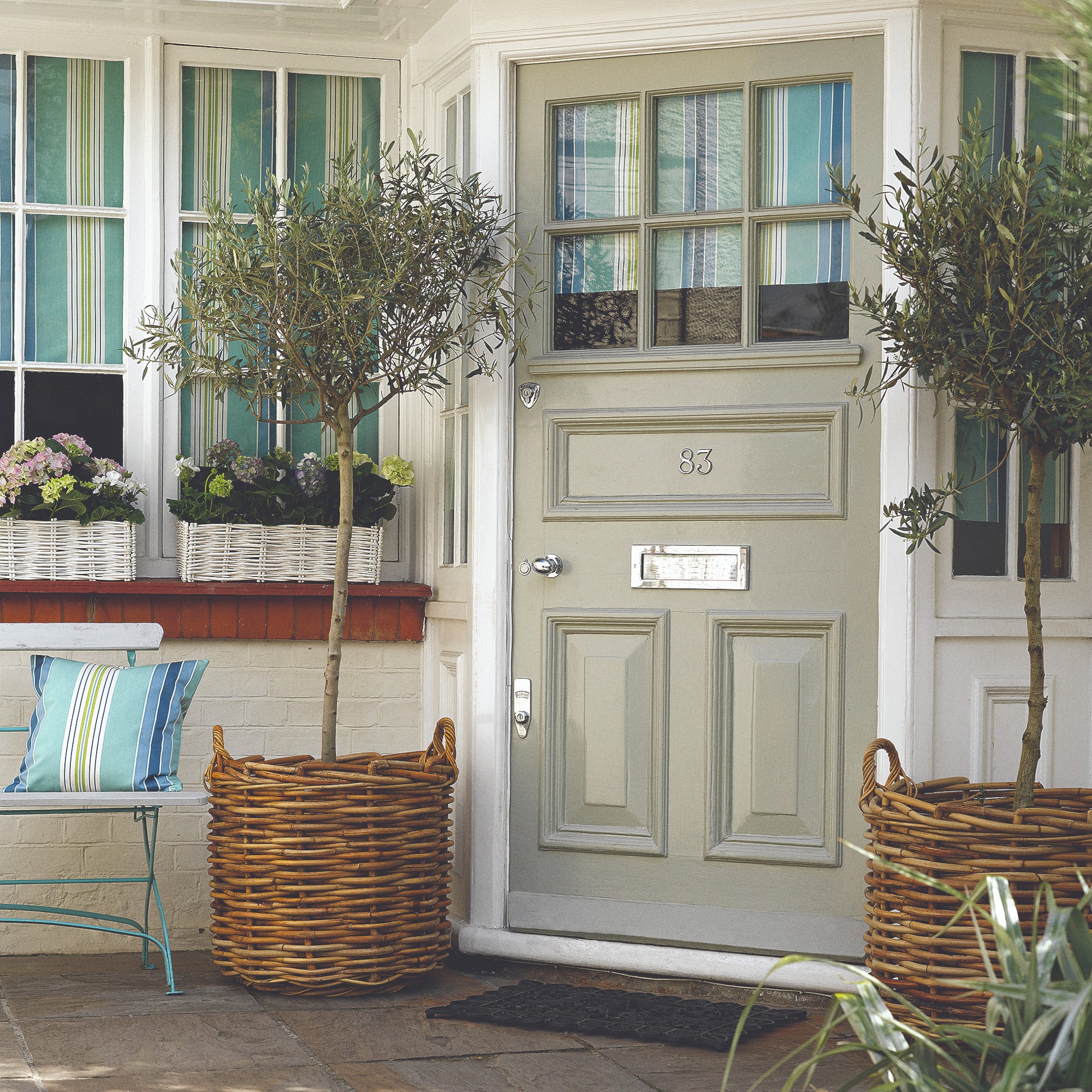 10 of the best plants for a Mediterranean garden for an outdoor space that mirrors the gardens of Italy, Spain, France and Greece
10 of the best plants for a Mediterranean garden for an outdoor space that mirrors the gardens of Italy, Spain, France and GreeceChannel sunnier climes with these plants, shrubs and trees
By Sophie King